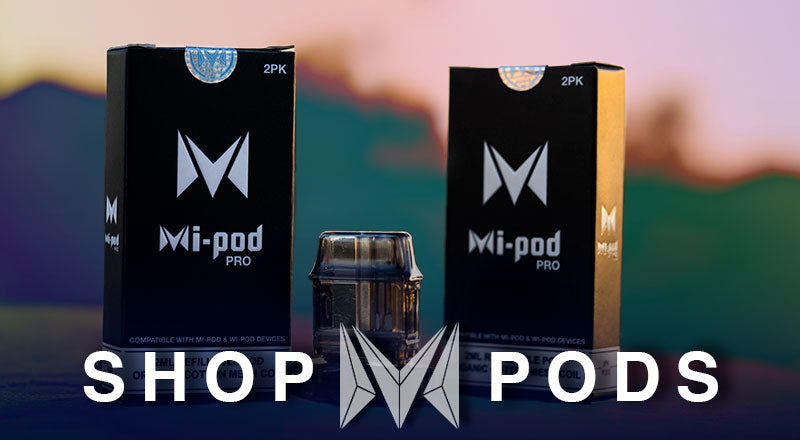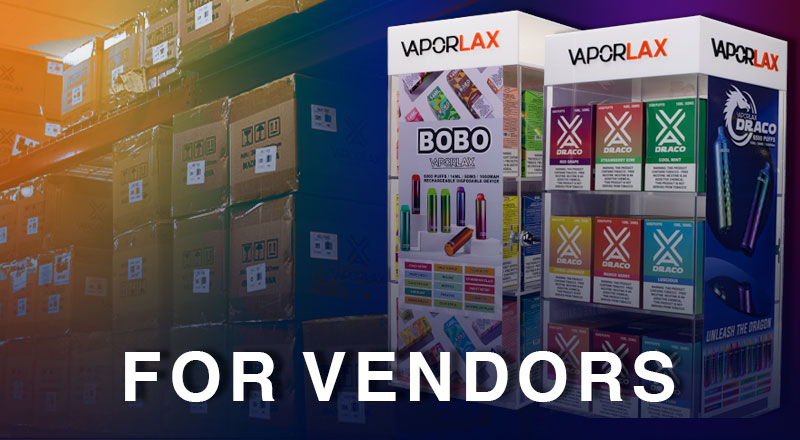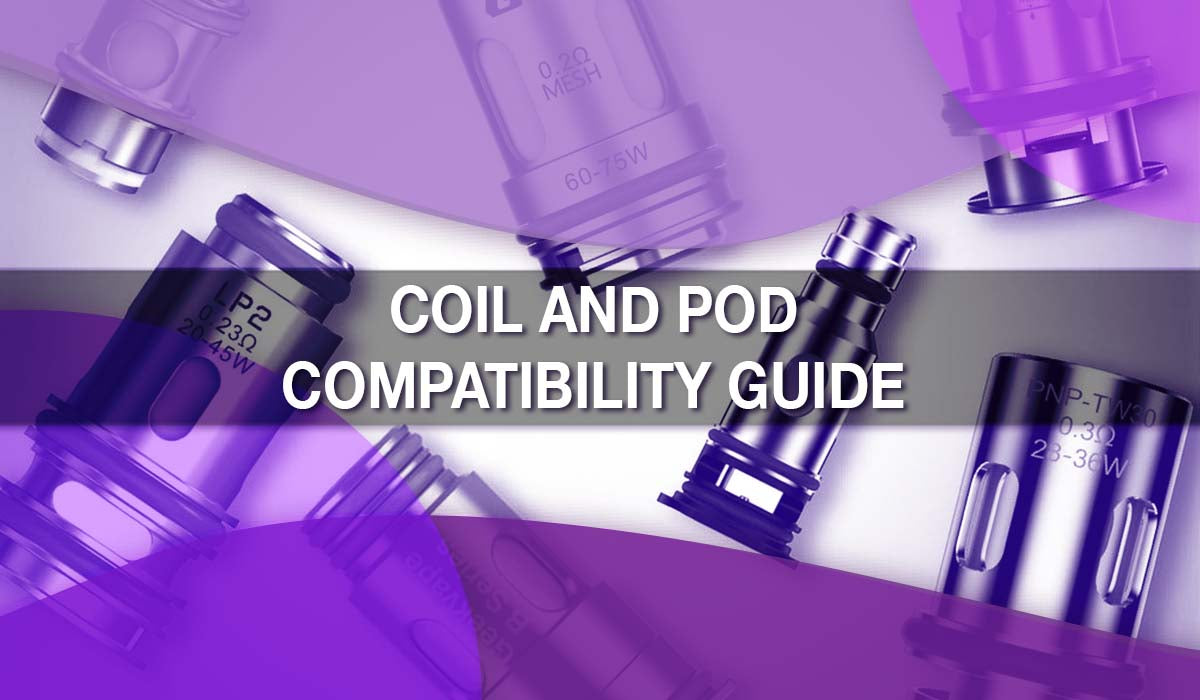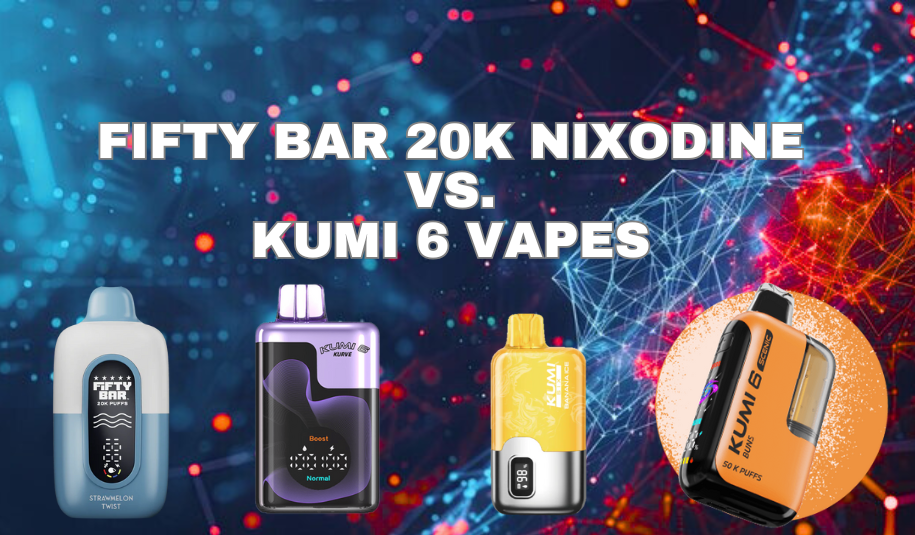Small Tobacco Firms Sue Virginia Over Flavored Vape Restrictions: A Turning Point for State-Level Regulation
A new legal challenge out of Virginia could become a defining moment for how states regulate nicotine products — and how far they can go before crossing into federal territory.
Two Virginia-based distributors, NOVA Distro Inc. and Tobacco Hut and Vape Fairfax, Inc., have filed suit in the U.S. District Court for the Eastern District of Virginia against Attorney General Jason Miyares and other state officials. Their case, NOVA Distro et al. v. Miyares et al., takes aim at Virginia’s new “directory law,” which is set to take effect December 31 and would bar the sale of any vapor or nicotine product not listed on an official state registry.
🧾 A Law That Redefines the Market
At first glance, Virginia’s directory law looks like a compliance tool. But in practice, it operates as a de facto flavor ban, excluding nearly every independent product on the market. Small businesses estimate that up to 90% of their current inventory would be unsellable overnight.
For retailers and distributors, that means empty shelves, lost customers, and a potential wave of layoffs just as the new year begins.
⚖️ The Federal Question: Who Really Regulates Tobacco?
The plaintiffs argue that the law violates the Supremacy Clause of the U.S. Constitution by effectively allowing state officials to enforce federal tobacco regulations—a responsibility reserved exclusively for the Food and Drug Administration (FDA).
If the court agrees, the ruling could establish an important precedent: that states cannot create or enforce their own product authorization systems under the guise of “directories” or “registries.”
Such laws have already appeared in Alabama, Louisiana, Utah, and Mississippi, creating a patchwork of compliance challenges for national distributors and manufacturers. This Virginia case may become the first true test of whether these state-level enforcement efforts hold up in federal court.
📉 The Stakes for Small Business
For smaller distributors and vape shops, the financial impact could be devastating.
Without access to the directory, they’d lose the ability to sell even long-standing products that have pending or resubmitted PMTAs. Larger companies — particularly those already authorized or partnered with Big Tobacco — would dominate what remains of the legal market.
This is exactly the scenario many in the industry have warned about: a two-tiered system where corporate interests thrive and independent harm-reduction innovators disappear.
🔮 What It Means for the Industry
This lawsuit is more than a local dispute. It’s a national bellwether for how independent manufacturers and distributors can push back against overreach and inconsistent enforcement.
If the court sides with NOVA Distro and Tobacco Hut, it could limit states from enforcing their own product bans — forcing greater regulatory consistency and protecting small businesses that have operated transparently under federal oversight.
If not, the result may embolden other states to pass similar laws, effectively granting them veto power over federally regulated products.
🧭 Looking Ahead
The case could move quickly, given its December 31 enforcement deadline. For the U.S. vapor industry, the outcome will send a clear message: whether states can legally sidestep federal authority — or whether small businesses still have a fighting chance to compete in a lawful, regulated market.
Either way, one thing is clear — Virginia just became ground zero for the next major battle over who gets to decide the future of American vaping.






Leave a comment
This site is protected by hCaptcha and the hCaptcha Privacy Policy and Terms of Service apply.